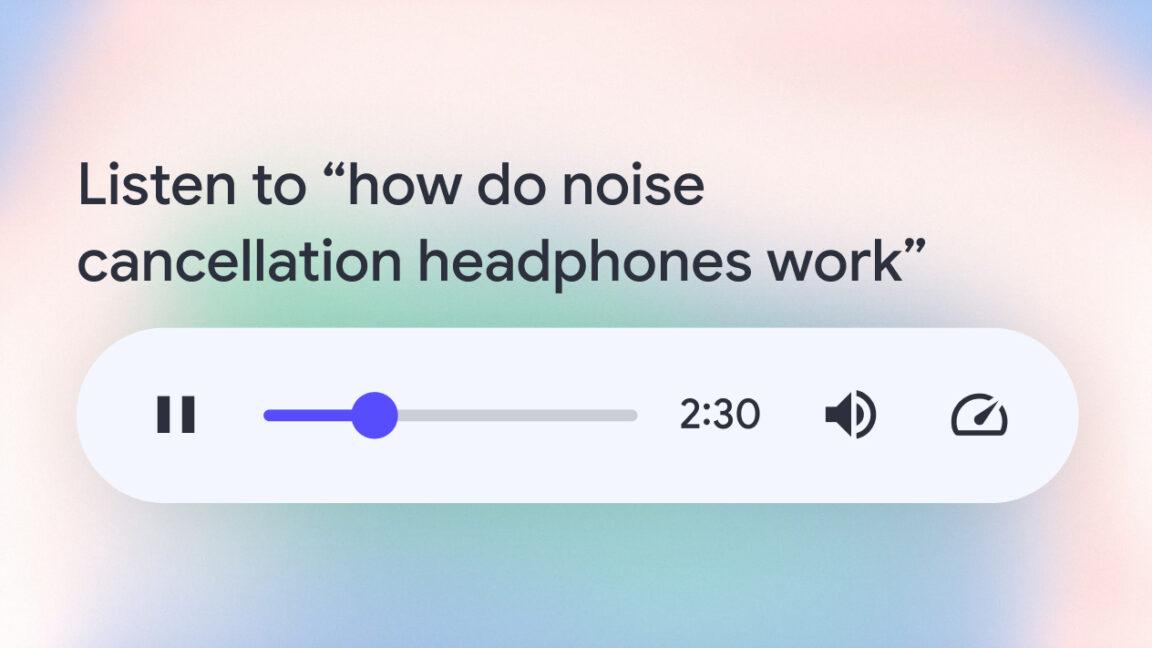AI Ghosts: Can You Prevent Digital Resurrection After Death?
AI Ghosts: Can You Prevent Digital Resurrection After Death?
The rise of artificial intelligence has brought with it a wave of innovation, some of it comforting, some of it unsettling. One of the more ethically complex developments is the emergence of AI tools capable of creating digital replicas of deceased individuals. These so-called “AI ghosts” or “grief bots” raise serious questions about privacy, consent, and the very nature of grief. But can you actually prevent your digital self from being resurrected in this way?
This post dives into the implications of digital replicas, explores the challenges of estate planning in the age of AI, and considers whether a will can truly protect you from becoming an AI ghost against your wishes. Let’s explore this fascinating and slightly unsettling topic.
What Exactly Are AI Ghosts?
Simply put, AI ghosts are digital representations of deceased individuals, created using AI algorithms trained on their data. This data can include:
- Text messages and emails
- Social media posts
- Voice recordings
- Videos
Using this information, AI can generate text, audio, or even video responses that mimic the deceased person’s communication style. This allows users to “chat” with a digital version of their loved one, offering a sense of continued connection for some.
The Appeal and Controversy of Grief Tech
For some, grief tech offers solace and a way to cope with loss. The ability to interact with a digital representation of a loved one can be comforting, providing a sense of ongoing connection and a way to process grief. However, this technology is also highly controversial.
Concerns surrounding AI ghosts include:
- Privacy Violations: Using a deceased person’s data without their consent raises serious privacy concerns.
- Data Manipulation: The potential for manipulating or altering a person’s digital footprint is a significant risk.
- Identity Theft: The data used to create AI ghosts could be vulnerable to identity theft.
- Complicated Grieving Process: Some argue that interacting with an AI ghost can hinder the natural grieving process.
The Legal and Ethical Labyrinth of AI Resurrection
The legal framework surrounding AI ghosts is murky, to say the least. Existing laws regarding privacy, data ownership, and intellectual property may not adequately address the unique challenges posed by this technology. Can you legally prevent someone from creating an AI ghost of you? That’s the million-dollar question.
Estate Planning in the Age of AI
Traditional estate planning focuses on the distribution of physical assets and financial resources. However, in the digital age, estate planning must also address the digital self. This includes:
- Digital Assets: Social media accounts, email accounts, and online profiles.
- Data Rights: Determining who has the right to access and control your personal data after your death.
- AI Ghost Prevention: Explicitly stating your wishes regarding the creation of digital replicas.
Can a Will Prevent AI Resurrection?
While it’s not a guaranteed solution, including specific clauses in your will can help protect you from unwanted AI resurrection. These clauses should clearly state that you do not consent to the creation of any digital replicas of yourself. You should also specify who has the right to control your digital assets and data after your death.
However, it’s important to understand that the enforceability of these clauses is uncertain. The legal landscape surrounding AI is constantly evolving, and courts may not always uphold such restrictions. Furthermore, even with a clear directive in your will, preventing the creation of an AI ghost can be challenging if someone is determined to do so.
The Role of Policy and Regulation
Ultimately, addressing the ethical and legal challenges of AI ghosts will require comprehensive policy and regulation. This could include:
- Data Privacy Laws: Strengthening data privacy laws to protect the data of deceased individuals.
- AI Ethics Guidelines: Developing ethical guidelines for the development and use of AI technologies.
- Digital Estate Planning Laws: Creating specific laws to address the management of digital assets and data after death.
By enacting clear and enforceable regulations, policymakers can help ensure that AI technology is used responsibly and ethically, while protecting the rights and privacy of individuals, both living and deceased.
Navigating the Future of AI and Digital Identity
The emergence of AI ghosts is a stark reminder of the rapidly evolving relationship between technology and identity. As AI continues to advance, we must grapple with complex ethical and legal questions about privacy, consent, and the very nature of what it means to be human.
Key Takeaways:
- AI ghosts are digital replicas of deceased individuals, created using AI algorithms.
- These tools raise serious ethical and legal concerns about privacy, consent, and data manipulation.
- While a will can help express your wishes, preventing AI resurrection is not always guaranteed.
- Comprehensive policy and regulation are needed to address the challenges posed by AI ghosts.
What are your thoughts on AI ghosts? Share your opinions in the comments below!
Ready to learn more about AI and its impact on our future?
Source: Ars Technica



